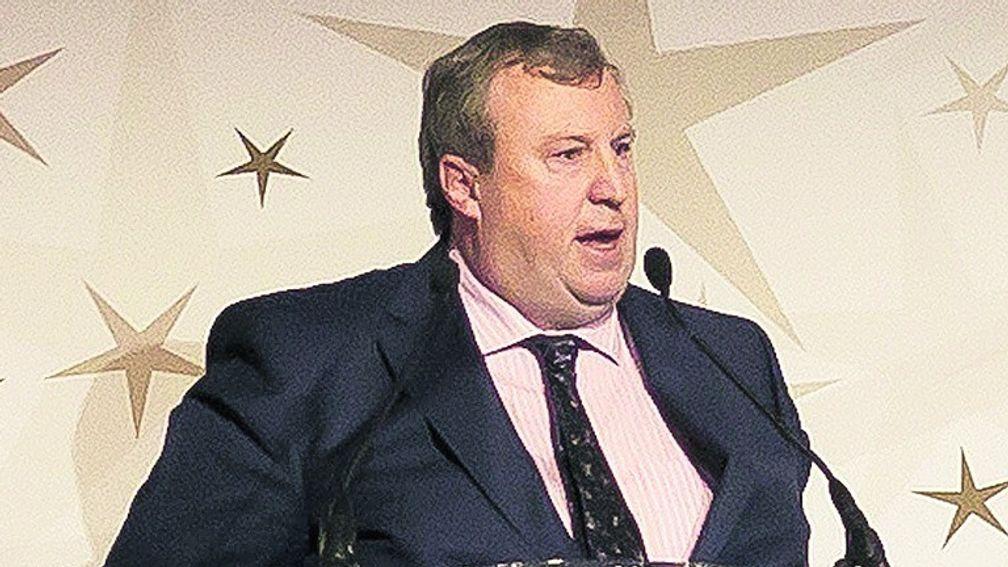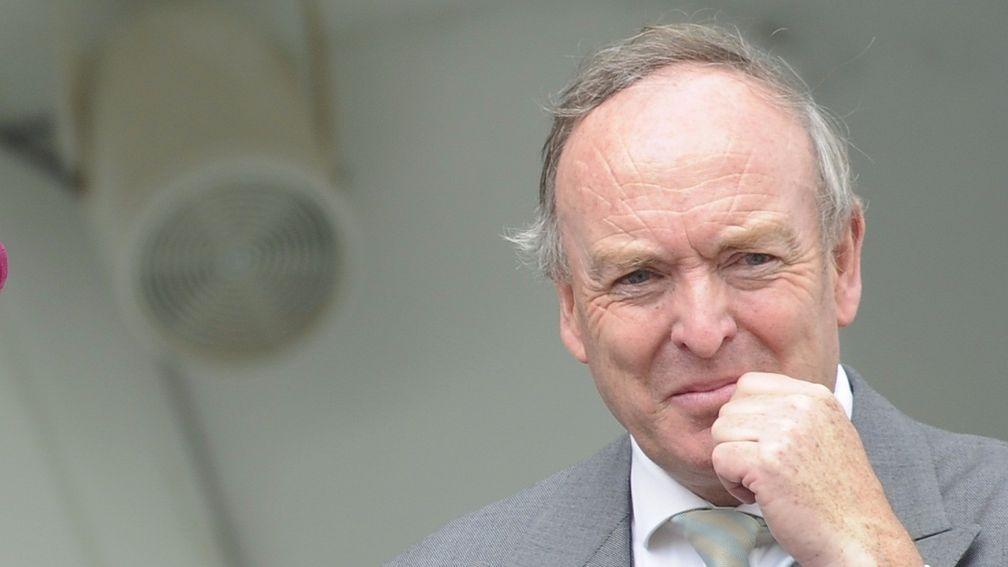Racing looks to new EU law to solve problem of free movement of horses

The latest stage in efforts to ensure free movement of racehorses and bloodstock can continue following Brexit took place this week, with a proposal for what the sport hopes can replace the tripartite agreement between Britain, Ireland and France shared with the European Commission.
It is expected the tripartite agreement, which allows free movement, can continue during the transition period set to follow the UK's departure from the European Union in March.
However, the EU has said it cannot continue indefinitely after Brexit, and racing's leaders would like a new "high health horse" category to replace it.
The aim would be for the category, which would apply to racehorses and other high-level sport horses, to be enshrined in the new EU Animal Health Law due to come into force in 2021.

Gadot said it was too early to gauge the EU's position but added their representative was "very interested and open-minded".
Horse Racing Ireland chief executive Brian Kavanagh said the tripartite agreement had come into being because of the high standards of sanitary care, health and welfare applied to thoroughbreds.
Without the agreement those standards would fall back to the lowest common denominator applied to all other equines.
Kavanagh added: "We're making the point it will be wrong to lose something as beneficial as that.
"So we're asking the EU, who are drafting new animal health law, to consider the inclusion of a new definition or category of equines in European law that then cascades back to domestic legislation. That's the definition of a 'high health horse' category.
"At the moment there are two definitions of equines, in simple terms horses for slaughter and horses for establishment – essentially horses for recreation. We're saying include a third category."
Kavanagh said it would require countries to meet defined standards in areas like health, sanitation and traceability, although he acknowledged there was a long way to go before it became a reality.
"If countries are willing to meet those standards then that should allow freedom of movement between those countries and what's described as a 'third country'," he added.
"That might not just be Britain, it might be other countries too.
"I think it's also possible that within the EU it could be a standard of horse that might be open to other countries to aspire to and it could also improve the potential for movement of horses between the EU and other third countries, such as the United States or Australia."
Ireland and France are leading the efforts with the EU, and being supported by the UK's racing industry.

"Our industry in Britain fully supports this approach, which is being led by Ireland and France. With some 26,000 thoroughbred movements between France, Ireland and Britain alone last year it's of mutual benefit not only for the EU but more widely for all third countries too, and it protects and promotes trade and movement between us.
"Without it the current systems in place, which have been refined and improved over many years and which underpin breeding and racing not just in this country but in many countries, will be seriously damaged."
Members can read the latest exclusive interviews, news analysis and comment available from 6pm daily on racingpost.com
Published on inNews
Last updated
- It's your LAST CHANCE to get 30% off Racing Post+ for a whole year - don't miss out on all our fantastic content!
- 'Absolute nonsense' to claim Haiti Couleurs was out of his depth in Betfair Chase
- Catterick: 'I loved him straight away' - hurdles debutant Indian River makes winning start for Adrian Keatley
- Officials have 'no concerns' at Ascot as track gears up for stellar two-day meeting
- Dispute over which jockey caused interference allows Joe Anderson to win appeal against riding ban
- It's your LAST CHANCE to get 30% off Racing Post+ for a whole year - don't miss out on all our fantastic content!
- 'Absolute nonsense' to claim Haiti Couleurs was out of his depth in Betfair Chase
- Catterick: 'I loved him straight away' - hurdles debutant Indian River makes winning start for Adrian Keatley
- Officials have 'no concerns' at Ascot as track gears up for stellar two-day meeting
- Dispute over which jockey caused interference allows Joe Anderson to win appeal against riding ban